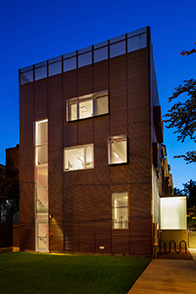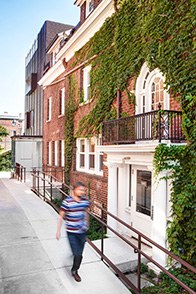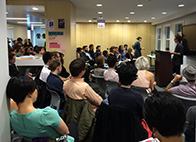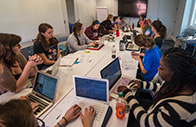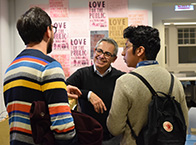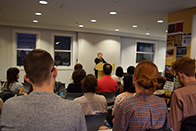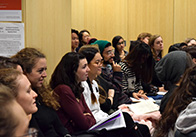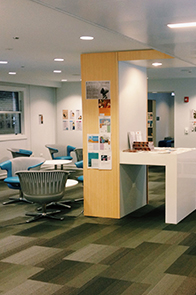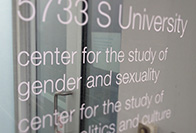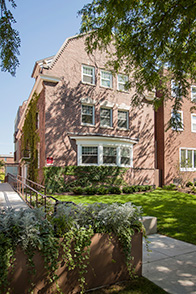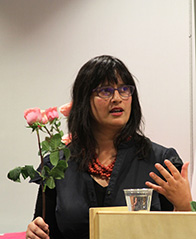Counter Cinema/Counter Media Project
Project Director: Jennifer Wild, Cinema and Media Studies
The Counter Cinema/Counter Media project focuses on film and media practices that resist or "counter" the language and messaging of dominant film and media outlets, platforms, and traditions. Historically, counter practices have been understood both an active opposition to the codes, uses, and ideology of mainstream film and media, and the attempt to generate an alternative grammar or set of rules for constructing meaning, narrative, and visual representation. While the origins of counter-cinema are rooted largely in early experimental filmmaking and the avant-garde, the term came to the fore in the 1970s with the rise of feminism, feminist film theory, and political modernism; it extends into politically militant and collective cinema approaches and anti-colonial "Third cinema" traditions.
Since the inception of this project in 2012, there have been vast transformations in what we might now think of counter media practices, whether in cinema or in media broadly conceived. On the one hand, the CC/CM project continues to ask the following questions: what is the visual, formal language of opposition, and what is its relevance to the issues of gender and sexuality in the twenty-first century? Which aspects of resistant visual language remain potent, and which have been absorbed into the dominant vernacular of our film and media landscape? Does the form of resistance still matter?
On the other hand, the most urgent task of CC/CM project today is to grapple with our contemporary media landscape’s discourses of truth and falsehood, and to explore the range of media platforms that are used to promote or decry political ideologies. In our era of “fake news,” diverse “resistance” movements across the political spectrum, terrorism and counter-terrorism strategies, and evolving forms of propaganda, the CC/CM project promotes research about how gender and sexuality are targeted, exploited, or weaponized toward political ends.
